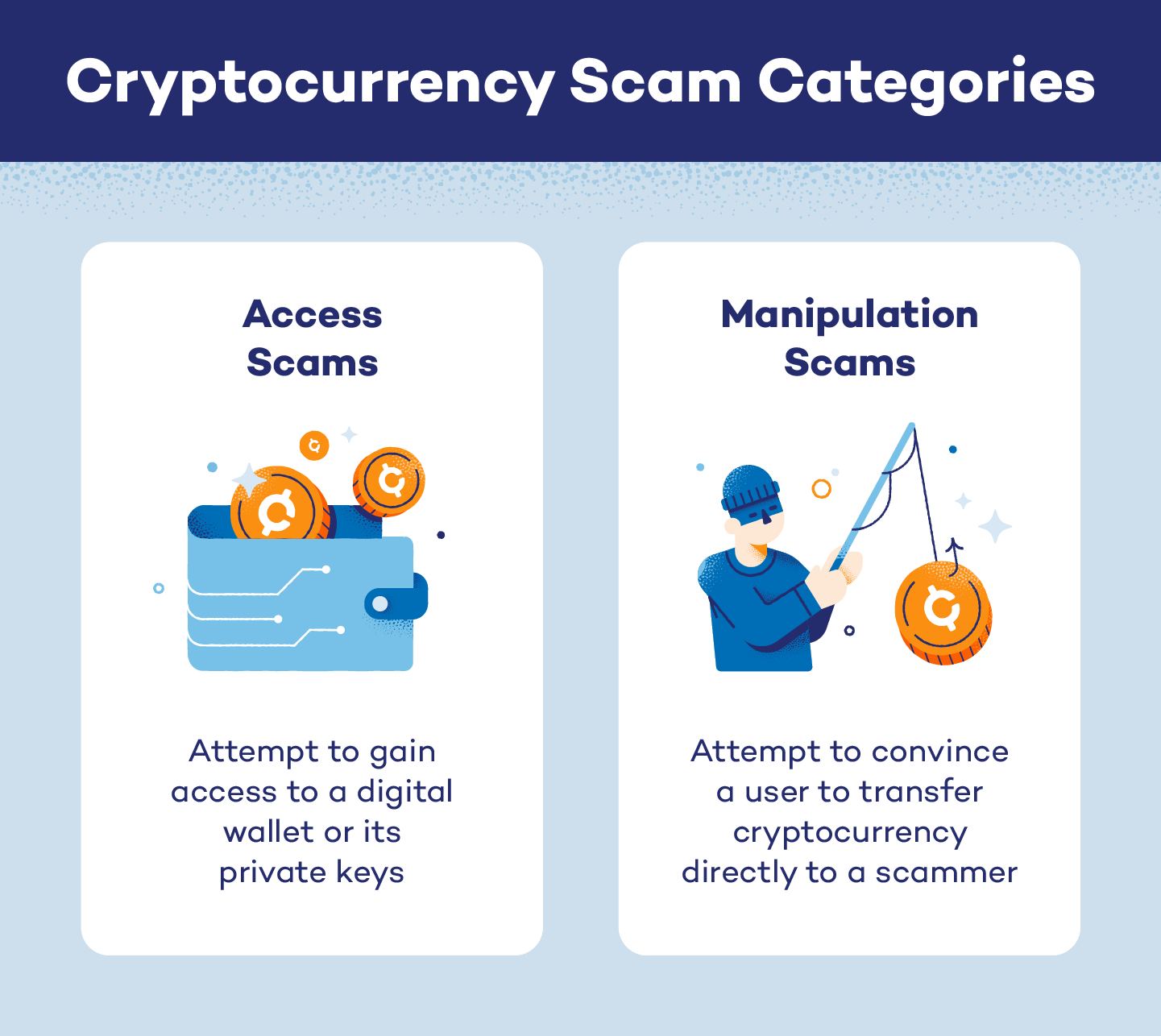How To Avoid Crypto Scams And Fraudulent Projects
The cryptocurrency world can be a minefield, especially for those new to the game. With the allure of quick profits and the excitement of being part of the next big thing, it’s easy to get caught up in the hype. But, let’s face it, there are a lot of bad actors out there looking to take advantage of unsuspecting investors.

- Breaking Down Borders: A Simplified Guide To Using Stablecoins For International Money Transfers
- The Benefits Of Using Crypto In Online Marketplaces
- The Future Of Real Estate: How Tokenized Assets Are Revolutionizing The Industry
- Cryptocurrency Scalability: The Secret To Widespread Adoption
- The Role Of Smart Contracts In Revolutionizing Real Estate
Here’s the thing: anyone can fall victim to crypto scams and fraudulent projects. But, by being informed and taking the right precautions, you can minimize the risk of getting burned.
The first step is to do your research. It’s easy to get caught up in the FOMO (fear of missing out) and jump into an investment without doing your due diligence. The next big thing will always be there tomorrow and the potential profits aren’t worth risking your hard-earned cash on something that’s likely too good (or bad) to be true.
Scammers knows how to play on emotions and will often use high-pressure sales tactics to get you to invest quickly. Legitimate investment opportunities will never pressure you into making a decision on the spot. If someone is trying to rush you into investing, it’s best to take a step back and reevaluate the opportunity.
One of the most common crypto scams out there is phishing. These scams typically involve someone posing as a representative of a legitimate company and asking you to provide sensitive information, such as your login credentials or wallet keys. A legitimate company will never ask you to provide sensitive information via email or text message.
When researching a potential investment, look for red flags such as poor grammar and spelling, low-quality websites, and a general lack of transparency. Legitimate companies take pride in their brand and will have a professional website and marketing materials.
Another red flag is if a project is promising unusually high returns or guaranteed profits. If it sounds too good to be true, it probably is. Legitimate investment opportunities will always come with some level of risk, and there’s no such thing as a guaranteed profit.
Investors can also be targeted via social media, with fake profiles preying on the trust and credibility of high-profile influencers or well known figures. Take extra precautions if someone claiming to be a prominent personality reaches out to you with investment opportunities. Verify the identity and do additional research.
In addition, One effective way to protect yourself from crypto scams is to diversify your portfolio. By spreading your investments across a range of assets, you can minimize the risk of any one investment going sour.
It’s also worth noting that you can report crypto scams to the authorities. Most governments and regulatory bodies have set up special task forces to deal with crypto-related crimes, and reporting suspicious activity can help prevent others from falling victim.
Here are some best practices to help you avoid falling victim to crypto scams:
- Always research a potential investment thoroughly.
- Watch out for high-pressure sales tactics and poor grammar and spelling.
- Be wary of opportunities that promise unusually high returns or guaranteed profits.
- Diversify your portfolio to minimize risk.
- Report suspicious activity to the authorities.
The world of cryptocurrency can be complex and volatile. While it’s impossible to eliminate the risk of crypto scams entirely, By being informed and taking the right precautions, you can minimize the risk of getting burned.
